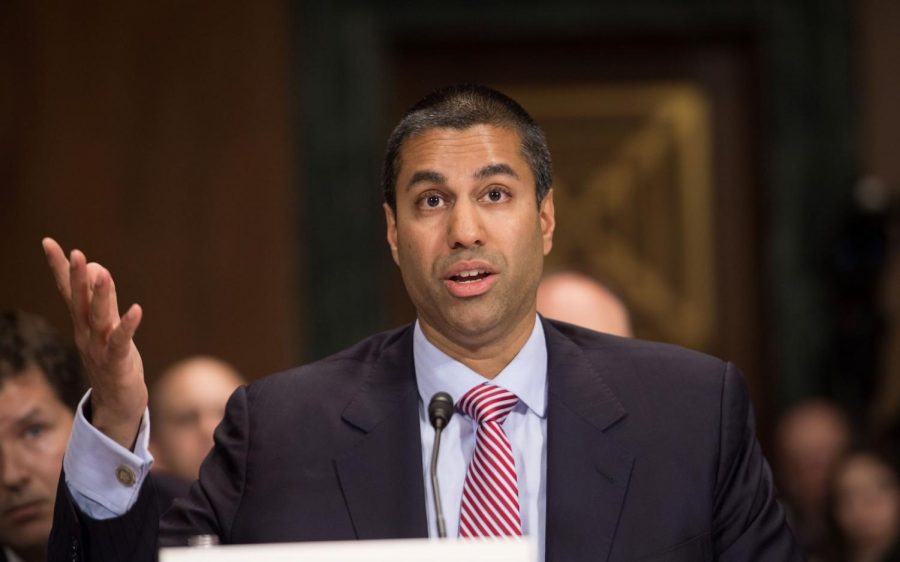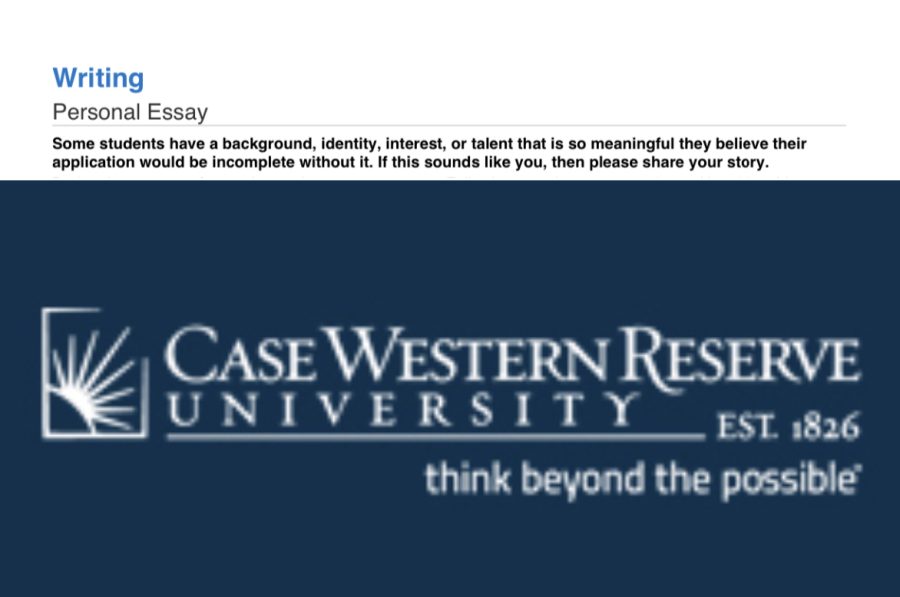The internet has always been a safe place for enjoyment, freedom, and privacy. The Net neutrality Act enacted in 2015 provides a way to safeguard these rights. However, recently the new FCC Chairman, Ajit Pai, reverted this law as the Federal Community Commission successfully repealed Net Neutrality protections.
This allows ISPs like Spectrum or Verizon to block access to certain websites and channels that are either competing with them or simply companies they don’t like. Even worse, cable companies may force consumers to pay extra money to view extra content.
Furthermore, Net Neutrality helped ensure that the freedom of speech was not violated. This government regulation of ISPs was critical to provide equal access to the media. The internet should be a place where free speech and communication is fully exercised without people paying for content.
Moreover, Net Neutrality helps foster competition and innovation, which allow economic growth. Economists argue that by repealing Net Neutrality, the internet will become dominated by a few mega-corporations resulting in a minimal amount of competition within the media industry.
History has shown that a majority of innovation occurs under limited owner control over networks and also maximum competition. For example, many economists argue that net neutrality helped foster the growth of Youtube back when it was founded in 2005. Internet services allowed consumers to have equal access to all media platforms. Since Youtube was still a small company back then, it did not have enough capital to pay internet services to have the faster speed or more content for consumers. If net neutrality had not existed, Youtube may never had reached its current level of success.
Although it is true that net neutrality wasn’t legally protected back when Youtube was created, ISPs didn’t violate it either ten years ago. The Internet was still developing and mega-corporations were still finding their place in the rapidly changing landscape. Internet was not a necessity for people in the early 2000s. Since then, the Internet has grown to become a critical part of several peoples’ jobs, educations, and social lives and ISPs have noticed that change. They’ve decided to take advantage and that is why this is an issue to so many today.
Even our own students and faculty have expressed their concern. Several students directly called Ohio’s Senators, Sherrod Brown and Rob Portman. Nearly every WHS student’s Twitter account had at least one tweet regarding the issue. Twitter itself has been filled with pleas to contact officials by texting RESIST to 50409 and more.
We ran a poll on Twitter to see what people thought. 92% of those who voted admitted that they were concerned about the repeal of net neutrality while 8% stated they were not concerned. 89% felt that net neutrality would directly affect them while 11% said they did not think this issue would affect them in any way.
Unfortunately net neutrality repeal has passed through the FCC due to lobbying. It’s now up to Congress to determine whether they will listen to their constituents.



![Argentinian players celebrate their penalty shootout victory over the Netherlands at Lusail Iconic Stadium, Qatar [Kai Pfaffenbach/Reuters]](https://greennwhite.org/wp-content/uploads/2022/12/2022-12-09T215755Z_1890492973_UP1EIC91P0HXL_RTRMADP_3_SOCCER-WORLDCUP-NLD-ARG-REPORT.webp)







